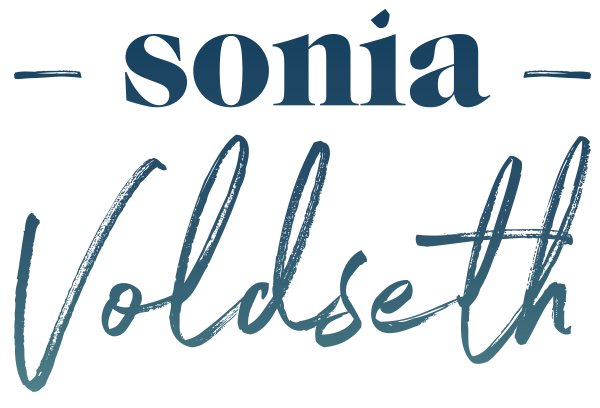Do You Feel Anxious About Feeling Anxious?
Have you ever lain awake, thinking about laying awake, and worrying about whether you're ever going to get to sleep?
It's not fun.
Lying awake with worry is amazing, said no one ever.
Anxiety 101
Anxiety is the body's natural response to stress. Anytime the brain registers a threat, it will activate the heart, lungs and muscles. Your heart beats faster, you sweat, your muscles tense. This is the most primal and protective part of you getting ready to fight or flee (or freeze or fawn - which I'll talk more about in a future post).
This was useful back when we had sabre-toothed tigers lurking around looking for their next meal. The brain had to be on high alert. When the threat was over though, we could go back to chilling in the cave.
Now, the threats can feel constant. Emails, notifications, work deadlines, money worries, relationship stressors, etc. When the threat doesn't let up, and there's not time or space to process it, tension can stick around: in the neck, back and jaw, as well as the digestive system.
What's it Like to Have Anxiety?
We all feel anxious sometimes. We might feel nervous about speaking up for ourselves or speaking in front of people. We might worry (occasionally) that we haven't got something quite right. This is one end of the spectrum.
The other end is feeling fearful consistently. This is 'having' anxiety. Restlessness, dread, racing thoughts, being on edge, restless sleep, nausea, excessive worry to panic (shortness of breath, sweating, and heart palpitations) can range from annoying and joy sucking to frightening and debilitating.
And the tension that sticks around/is held in the body becomes more prevalent and more problematic until we can find a way to release it.
Do I Have An Anxiety Disorder?
I don't really like the word disorder unless a diagnosis helps someone to understand what's going on and how it might be treated. That can be extremely helpful, and I'm all for it in that instance. The trouble with labels is that they can make it feel like there is something 'wrong' with you for having anxiety. There's not.
Having an anxiety 'disorder' says nothing about you except that you're having a predictable brain/body response to threat events (current or past) and stressors in your life.
Having anxiety doesn't mean you're weak, or not resilient, or that you can't cope as well as someone else. It simply means that your body is communicating to you that it doesn't feel safe.
All that being said, it can be helpful to understand the five main types, particularly in terms of how they came about. (Notice I've taken out the word disorder except for the last two because as commonly used they don't make sense without it.)
Social anxiety is fear around how we are perceived - which makes it difficult to participate in social interactions. It is feeling extremely self-conscious about what you've said, what you've done, how you appeared, or what others think.
Panic is just as it sounds: episodes of intense fear that may come on unexpectedly and lead to shortness of breath, and the fear that you won't be able to breathe or recover.
Generalised anxiety is chronic anxiety over things that might seem small or un-worrisome to others.
Obsessive Compulsive Disorder (OCD) is having unwanted and intrusive thoughts. The person attempts to prevent these thoughts by repeating behaviours that in the short term seem to help. The example most commonly used is hand-washing to prevent germs. However, if the person doesn't get a chance to wash their hands it increases the anxiety.
Post Traumatic Stress Disorder (PTSD). This is most commonly used in the context of those returning from military combat. It can actually occur for anyone that has experienced a traumatic event in which their safety was threatened: a sexual assault, a natural disaster, an accident, an abusive home, etc.
Why is Anxiety So Prevalent Now?
1. A scary world (ie COVID, violence, climate change, etc)
2. Societies that value production over relaxation - and in which the pressure to succeed is high.
3. Increased knowledge about mental health - and less stigma (though still too much) in seeking help.
4. Technology.
We have stuff beeping at us constantly, initiating the same threat response as a sabre-toothed tiger.
Social media and the comparison culture.
The blue lights from screens impacts melatonin production and has a negative impact on sleep.
5. The Internet/Constant Access to News. It's a lot.
What Can I Do About It?
There are lots of things that can help with anxiety.
Mindfulness, meditation and yoga have been proven to be effective in reducing symptoms of anxiety. If you have traumatic memories though, or find that too much comes up for you during these practices, please find someone to help you if you wish to continue.
Pharmaceutical medication can be life-changing. It's not for everyone but for some people it is everything.
Therapy to help you with current stressors and past stressors and different ways to deal with them.
Being in nature and breathing deeply.
Finding an activity that you get completely lost in so you are in the present moment.
Photo by Jen Theodore on Unsplash
